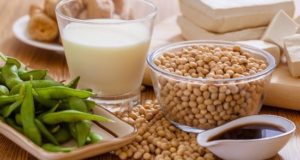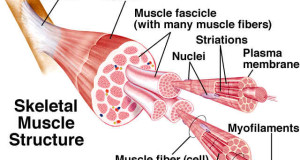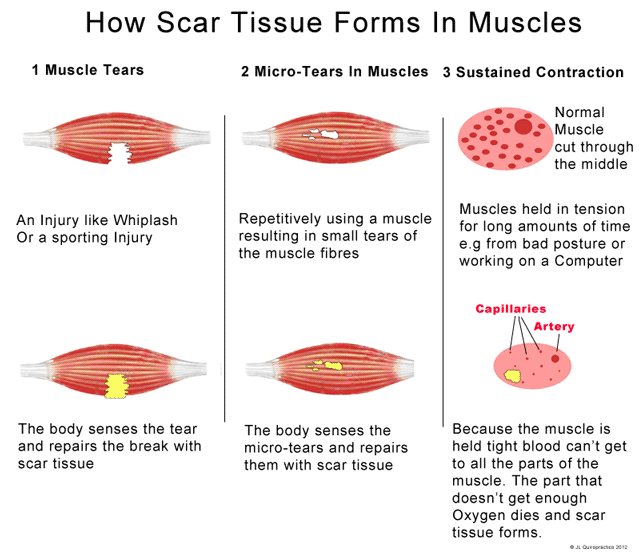
One common thought that circulates around the bodybuilding industry is that consuming large quantities of protein is going to really help with the weight gain process. But just how true is this? Should you be forcing yourself to eat loads of protein on a daily basis to speed up your muscle building progress or will this just harm the body?
Let’s have a look at what happens when excess protein is consumed.
Excess Protein and Body Health
The first common thing that most people start thinking about when it comes to consuming more protein is whether or not this is going to harm the body.
In the vast majority of the cases, if you have no pre-exposing kidney problems already, then increasing your protein intake is not going to cause any issues. Obviously we are assuming you’re not going to be eating like 1000 grams of protein a day or something, but bumping it up to 2 grams per pound or even 2.5 grams in some cases, should be okay.
What Happens To Excess Protein
Now that we’ve determined that bumping up your protein intake if you are healthy individual won’t cause too much harm, will it actually help you build muscle?
Not quite. Here is how this works.
Building muscle takes calories. Protein supplies both calories and the amino acids needed to build the new muscle tissue and repair any damaged muscle tissue currently in the body.
Once you meet your needs for these amino acids though, no more will be utilized for that purpose. The
body cannot store amino acids for later use; therefore, it must do something else with them.
What The Body Does With Extra Protein
So, once you’ve reached your peak amino acid needs (which is typically around one gram per day of individuals eating a maintenance or bulking diet and 1.5 grams per day of those who are dieting), the extra is either going to be used for fuel to support both current energy needs and the building of new muscle tissue, or else stored as additional body fat (with part of it being excreted by the body as waste).
This may make it sound like eating more protein is perfect; use what you can to build muscle, then use the rest to fuel the muscle building process.
But, not so fast.
Consider the fact that in terms of energy, protein is the most ‘calorically expensive’ nutrient. If you ate 100 calories of protein for instance, after the digestion process is complete, you are only really going to be ‘netting’ about 75 calories. With carbohydrates you net around 90 calories (per 100 consumed) and with fat, this is even higher at 97 calories.
So for those of you on bulking diets where it becomes necessary to ingest large volumes of calories to support muscle growth, you obviously want to get the most ‘bang for your buck’ as far as energy density and food is concerned. If you need 4000-5000 calories each day, this is going to be a lot to consume and you don’t want to waste calories on digestion.
Therefore, once your protein needs are met, you are far better off to opt for supplying the energy your body needs with either carbohydrates or dietary fat. This are often much less expensive as well, therefore it will be a whole heck of a lot lighter on your wallet.
So, in terms of creating a bodybuilding diet, first get your protein intake in. This should be 1-1.5 grams per pound. After that, fill the rest of your calories with the other two macronutrients. You can increase protein higher if you really, really want to, but usually it’s not the smartest way to go about things, even if it won’t particularly be that harmful.

Source by Shannon Clark
 Vitamin Agent The Health & Naturalistic Source
Vitamin Agent The Health & Naturalistic Source





